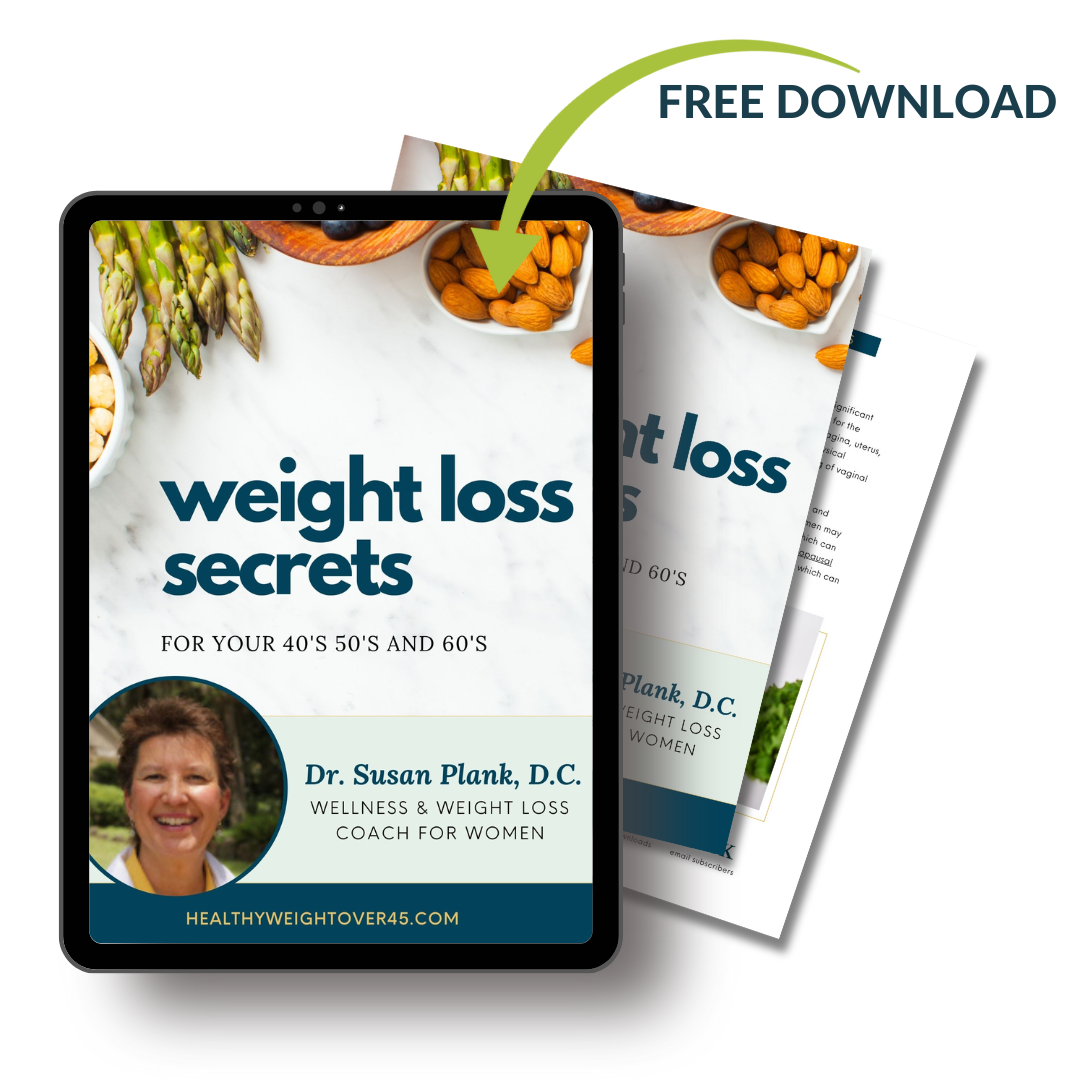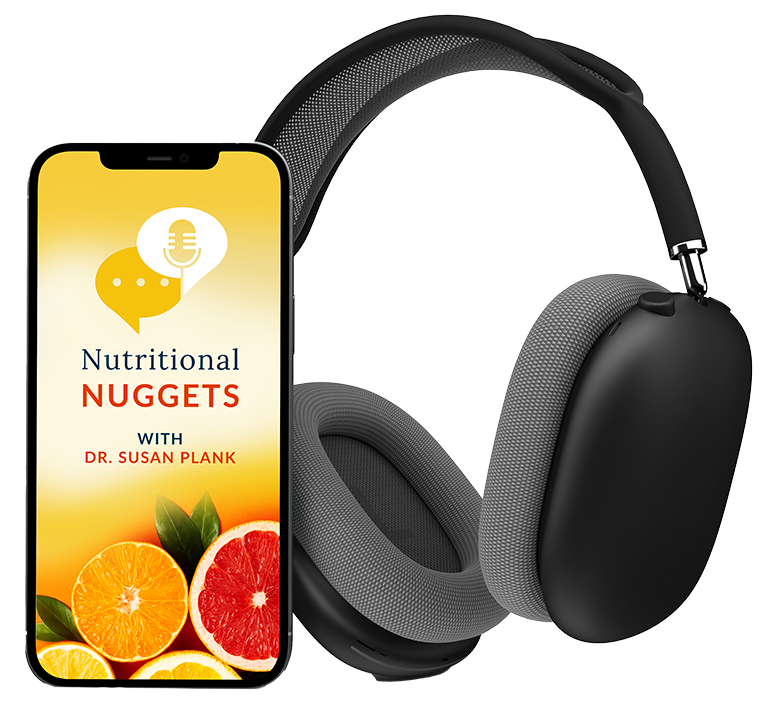Low-calorie diets have been around for years, but with diets like the Keto Diet gaining popularity, the diet industry has shown no signs of slowing down. However, low-calorie dieting isn’t right for everyone, and it can have a few unexpected side effects. Here are some of the pros and cons of low-calorie dieting that you need to know before starting any cut-calorie diet.
How Does Low-Calorie Dieting Work
Low-calorie dieting is a diet that requires that you consume fewer calories than it takes to maintain your current body weight. When your body senses this, it burns fat stores to meet the need for energy.
Pros of Low-Calorie Dieting
Low-calorie dieting has been a popular strategy for decades. When you were younger chances are it worked for you. Many dieters have consistently reported success when it comes to results. But low-calorie dieting is not guaranteed. Why is this? It’s because the repetition of losing and regaining weight over and over erroneously instills the thought that if low calories worked once for me, it will work again.
It’s a Quick Way to Lose Weight
You want to shed those extra pounds for good and can’t afford the time or money to go to the gym every day, so your go-to is you decide to follow a low-calorie diet. Low-calorie diets are also known as starvation diets.
Low-calorie dieting has long been touted to be the fastest, most effective way to slim down. However, despite their popularity — or perhaps because of it — these diets have also been consistently criticized for failing to work in the long run.
It Can Lower Your Heart Disease and Diabetes Risk
One of the most popular weight loss diet secrets is low-calorie dieting — or eating very few calories each day. It’s something people have been trying to achieve for hundreds of years.
If you are worried about how to lower your heart disease risk and lower your cholesterol, or if you have been told by health experts that you will need heart surgery for having a high cholesterol level, then you definitely need to learn more about the pros and cons of low-calorie dieting as a way of reducing it.
The American diet contains fewer fruits, vegetables, and whole grains and includes more red and processed meat, processed foods, and sugar-sweetened beverages. These inflammatory and sugary foods add weight while low-calorie dieting is associated with a lower risk for developing or dying from heart disease.
There are so many myths surrounding low-calorie dieting that it is difficult to find the truth. Low-calorie dieting is a way to reduce your risk of developing diabetes, or at least help you manage it.
Whether you already know you need to cut back on your calories or are just starting the process, there can be many benefits of a low-calorie diet. Calorie restriction by reducing sugar and starch intake helps lower glucose, HbA1c, and your risk of developing diabetes.

You Understand Portion Sizes
Low-calorie diets have actually been used successfully many times to help overweight people achieve a healthy body mass index (BMI). Low-calorie diets work by restricting portions, as well as calories. The method can be quite effective if you’re able to stick with it in the long run despite the various disadvantages that come with this eating plan.
It’s Easy to Follow
Low-calorie diets are thought to be easy to follow because you get to eat what you like but just eat less of it. That’s the line of logic people who want to lose weight use as they pick a diet plan that restricts their calorie intake per day while they continue to take in the foods they love like pizza and chocolate cake. To make up for this, they turn over a new leaf and begin exercising religiously.
Or So You Think
The problem with this is that it doesn’t consider the fact that your body also needs carbohydrates, fats, and proteins to function properly. Without these three nutrients in balance in your diet, you run the risk of developing serious health problems such as fatigue, dizziness, and even heart disease.
Cons of Low-Calorie Dieting
The fact is, low-calorie diets help with weight loss, but also come with risks. Here are some of these risks.
You’ll Get Hungry
Low-calorie diets are a popular way to lose weight, and not just for adults. Many people strive to find the best food for weight loss in order to achieve and maintain a healthy weight. But one of the biggest concerns people have when choosing to follow a low-calorie diet is that they will be constantly hungry and craving sweets.
This becomes a reality because the cause of the cravings hasn’t been addressed. Losing weight is hard enough but imagine your sugar cravings going through the roof! Now, add low-calorie eating (that restricts sugar intake) and it can make it almost impossible to lose weight.
Here’s the thing, we want what we want. I said it last week and I’ll say it again low-calorie dieting doesn’t work in the long term because you’re focused on what you can’t have, there’s no upside, if your weight loss plateaus.
This leads us to …
It’s Only Short-Term Success
Low-calorie dieting leads to short-term success because it’s so hard to give up everything you love to eat, that you don’t have a choice but to eat less and avoid junk food.
Maybe you had success when you were younger. Any diet is hard in the beginning, but then you see you’re losing weight, so you feel good. Maybe you kept at it, and you finally got your dream body. But then what? Life gets in the way, childbirth, new job, stressful job, no job, separation, divorce, pandemic! And all hell breaks loose. Food is always there tempting you and that makes it awfully difficult for your low-calorie diet routine to continue.
You’ll Probably Regain Weight
How many times have you been told to eat less and exercise more, only to find that your weight loss isn’t moving in the right direction? You cut calories, but also consume less food, and yet your weight loss has plateaued. Maybe you’ve lost a significant amount of weight already, but weight maintenance is a challenge. It’s time for a diet reboot that will get you moving toward a healthier lifestyle.
By the time you get to 40 or 45 years old, the weight doesn’t come off as easily and low-calorie dieting just doesn’t work anymore. Maybe you lose a few pounds but then you just plateau.
If this happens to you it’s important that you realize a weight loss plateau means, low-calorie eating for you is a no, no. You need to start eating more food. You can’t just cut calories and hope that it will help you lose weight, because it won’t.
It May Affect Your Mental Health
If you don’t realize you need to start eating more food and that you very well could be nutritionally deficient you could be making your health worse.
I’ve seen low-calorie eating affect a client’s mental health. You can’t just continually cut calories and hope that it will help you lose weight because it won’t.
Remember l the other name for low-calorie dieting, it’s starvation dieting, these types of diets that limit calories are starving the body of essential nutrients, protein, and energy.
I have a real concern about low-calorie dieting because I see people becoming nutrient deficient in certain vitamins and minerals. This leads to other health problems down the road in addition to the person being still overweight.
It’s Not Suitable for Everyone
Low-calorie dieting is not suitable for everyone because it contains too much restriction, which can lead to binges and rebound weight gain if the dieter tries to return to normal eating habits.
There are a lot of reasons why low-calorie dieting fails:
- Low-calorie diets do not address the psychological factors that may be influencing your eating habits. If you don’t address these issues, chances are good that you’ll return to old eating habits when your diet is over.
- Low-calorie diets are not sustainable. When you go off the diet, you’ll regain weight because your body has learned to survive on fewer calories than it needs.
- Low-calorie diets do not provide the nutrients and vitamins needed for good health.

Here’s the Takeaway:
If you’re looking to lose weight and maintain weight loss, low-calorie dieting can be beneficial. However, it’s not always the best option for everyone.
Low-calorie dieting is a type of diet that limits calories and can starve the body of essential nutrients. I believe it is best to find a lifestyle that fits your body and your body’s needs. A program that instead will educate why you on the psychological and physical causes of why you gained the extra weight in the first place and support you in losing weight and living a healthy lifestyle.








